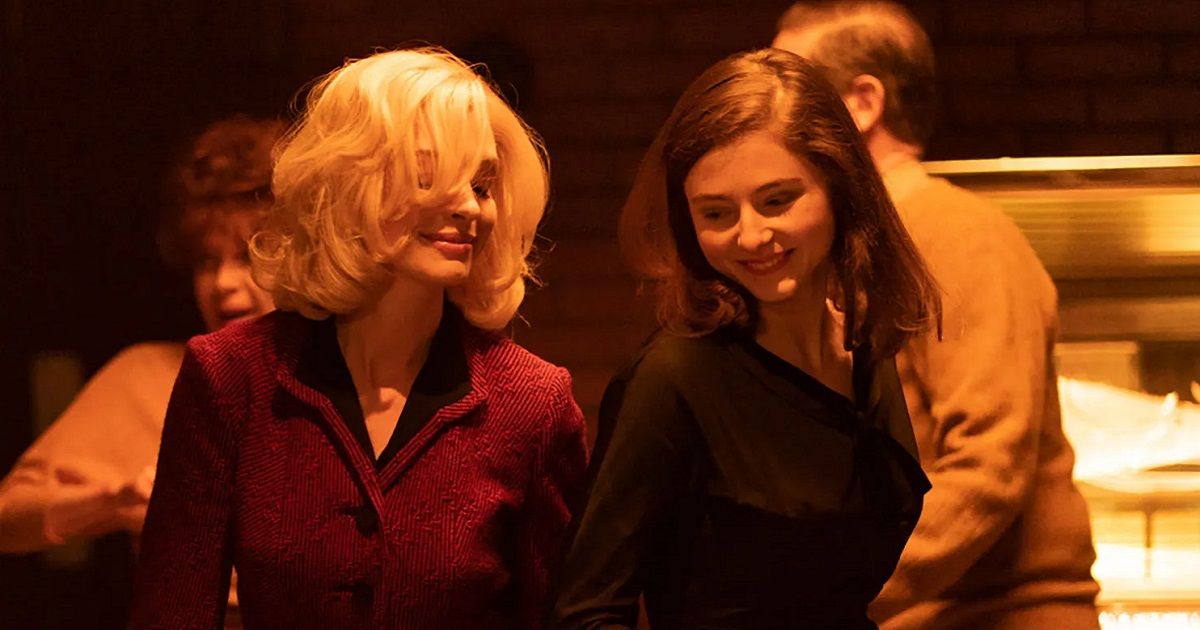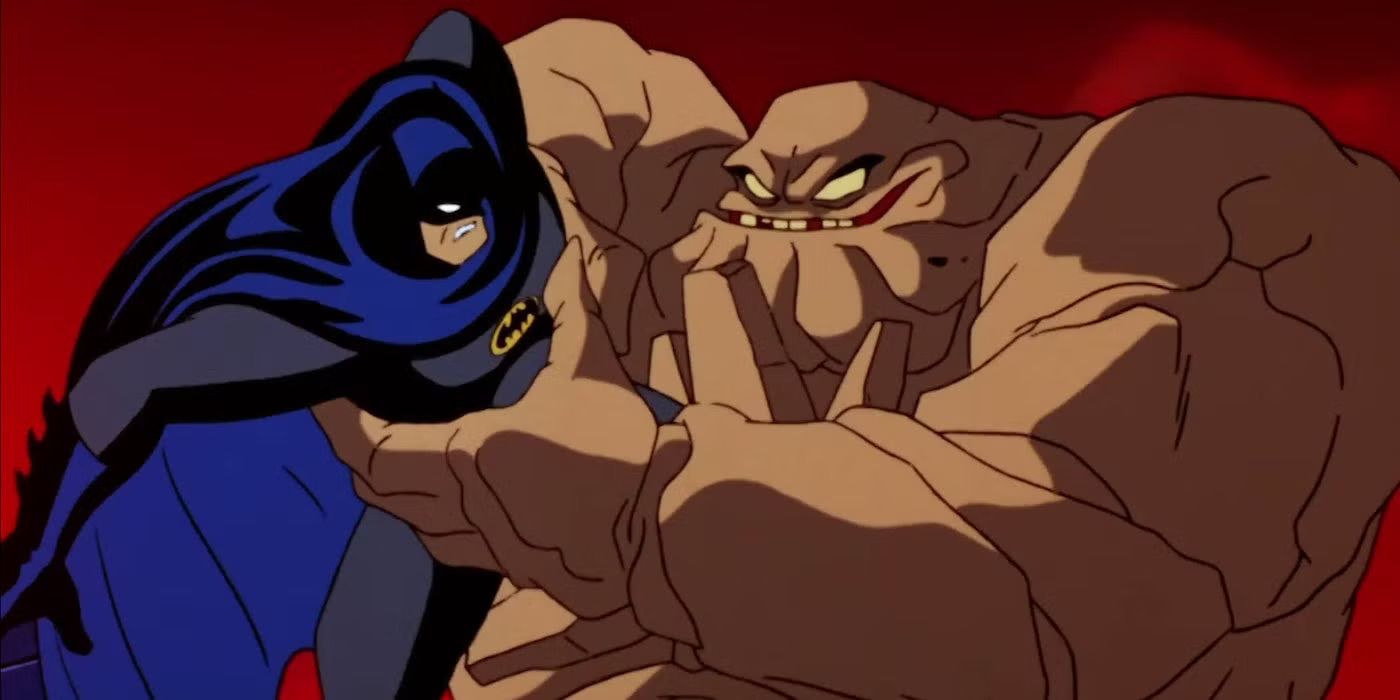As “The Dry” progresses, so, too, do these flashbacks, leading us closer and closer to Ellie’s drowning. As seen through the present-day, where suspicion of Aaron still lingers, these flashbacks shed doubt on every single thing not only he says, but everyone else. Aaron reunites with Gretchen (Genevieve O’Reilly), and they share memories of Luke, of Ellie. Nobody seems to have any clue what set Luke off, why he would kill his family.
“The Dry” is filled with memorable characters: the small-town doctor (Daniel Frederiksen), the harried grade school principal (John Polson), the taciturn farmer (James Frecheville) living with his grandmother: all of these people have secrets, but whether or not the secrets have anything to do with the crime is unknown. Aaron must wade through all of it. Part of the joy of “The Dry” is watching this excellent cast in action.
Cinematographer Stefan Duscio gives us enormous wide shots of the drought-parched land, with the smoke of wildfires billowing up in the distance, or dust devils spiraling their way across dried fields, cars barreling towards town creating huge dusty trails behind them, all of which gives an eerie sense of isolation and struggle. “The Dry” never lets you forget where you are. This is most evident in the scene when Aaron goes back to the river where Ellie drowned. Only, the river has dried up, leaving just a cavern cutting through the dirt.
Bana is wonderful at mixing the confidence of the “big city” cop with the anxiety of a man grappling with his dark past. Whatever his guilt may or may not be in regards to Ellie’s death—and the film is a “whodunit” on two separate tracks—he feels inhibited from proclaiming his innocence. There’s a sadness in Bana’s face, in his posture, a tortured grief and guilt, but overlaying that is the competence and canniness of a cop alert to suspicious behavior and inconsistencies. In its own quiet way, it’s a very effective and emotional performance.
The critique of how corporate farming is destroying small farming communities is there, but it’s not a plot point or presented as an overt “message.” And the overall feeling of helplessness against forces much bigger than the individual is also woven into the atmosphere. It’s the texture of these people’s lives. “The Dry” does a lot, and it does it very well.
In select theaters and available on digital platforms.
You can view the original article HERE.





























